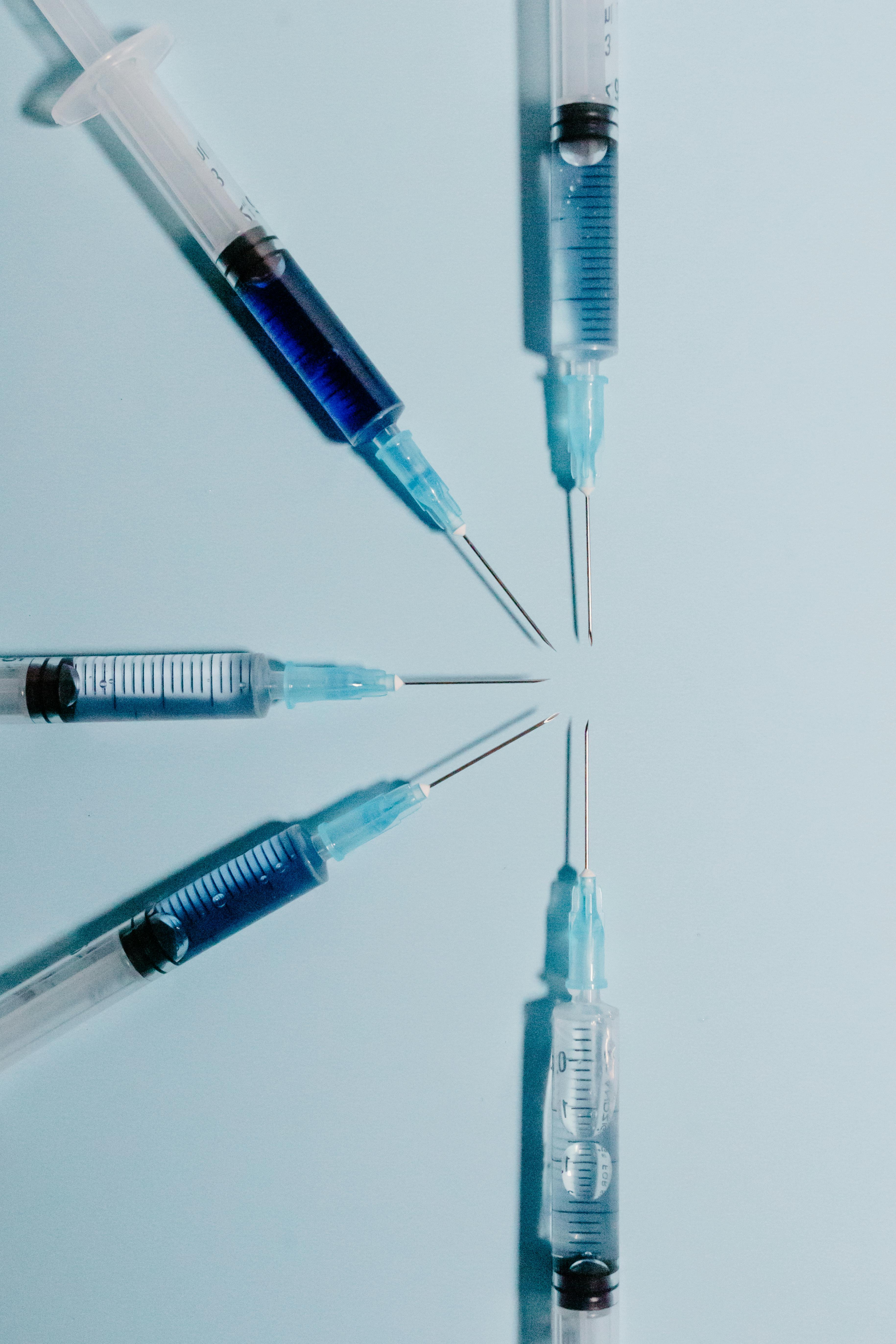What Surviving Breast Cancer Taught Me About Prevention
Our Founder, Chloe, opens up about how her breast cancer diagnosis reshaped her view of prevention—and ultimately inspired her to build The Lanby.

A primary care membership for patients who want more. Primary Care. Nutrition. Wellness. All under one roof.
I was 23 when I was diagnosed with breast cancer. I’d found a lump in my breast a year earlier, but my gynecologist said it was nothing. I didn’t push back. By the time I returned, the lump had gotten bigger. A biopsy confirmed what I never expected to hear at that age: Stage 2 breast cancer.
As a bioengineer and healthcare consultant, I was enamored by Physicians and the healthcare industry. Suddenly, I found myself in the role of “the patient.” And in my head, the best patient was the one who smiled, followed directions, never complained, and did whatever it took to get the best outcome. So that’s what I did. I went through the standard of care without asking questions. I wanted my doctors to see me as worth their time, worth a longer visit, worth extra attention.
Treatment Is Hard. Survivorship Is Harder.
Treatment gave me a roadmap: chemotherapy, surgery, recovery. Survivorship was different. No one tells you how to live after cancer. There isn’t a protocol for how to protect your health once the “hard part” is over.
That’s when the fear set in. I no longer felt invincible. I didn’t want to sit back and wait for a recurrence. I wanted to know what I could do to prevent it.
I asked my doctors about things like nutrition, lifestyle, and stress management but they never had answers. I was referred to a nutritionist, but the advice felt outdated. So I turned to podcasts, books, and Google. I pieced together my own “wellness plan”: intermittent fasting, cutting carbs, alcohol and sugar, and doing HIIT exercises daily. It felt empowering to be in control—until my body started breaking down in new ways.
I lost my period. I miscarried multiple times. Eventually, a Functional Medicine doctor diagnosed me with hypothalamic amenorrhea—my body was under too much stress. All the “wellness” I thought was protecting me was actually harming me.
What I Learned About Prevention
Cancer taught me that prevention isn’t about doing more. It’s about doing the right things, in the right context, for your body.
- Prevention is personal. What strengthens one body can deplete another. There’s no universal plan.
- Baseline your health when you feel well. A limited annual physical doesn’t cut it. You need a baseline to know what “healthy” looks like for you so you can catch subtle changes early.
- Track your data, not fads. If you’re trying something new—fasting, supplements, a new diet—track your labs and symptoms. Otherwise, you don’t know if it’s helping or hurting.
- Find the right guides. Most doctors aren’t trained in nutrition or lifestyle medicine. You need a team that looks at the whole picture—medical history, risks, labs, and goals—and helps you navigate it.
Why Prevention Needs a Team
I was lucky to have family, resources, and persistence on my side. But luck shouldn’t be the deciding factor in whether someone can navigate survivorship—or better yet, prevent illness altogether.
That’s why I started The Lanby. We built the kind of care team I wished I had: a Primary Care Physician, a Wellness Advisor, and a Member Advocate who collaborate on every patient’s care. Together, they create personalized plans, coordinate across specialists, and make prevention easier, not harder.
This Breast Cancer Awareness Month, my message is simple: don’t wait until you’re sick to start thinking about prevention. Equip yourself with a care team that knows your story and helps you make health decisions that are grounded in data, guided by context, and tailored to you. Because prevention isn’t a checklist—it’s a partnership.

If you're curious to learn more about The Lanby, book a free consult call and we'll chat about how The Lanby can be your personalized long term health and wellness partner.

Kendall is a graduate of the University of Mississippi, with a B.A. in Integrated Marketing Communications and a minor in Business Administration. She received her certificate of Nutrition Science from the Friedman School of Nutrition at Tufts University.

Chloe holds a bioengineering degree from the University of Pennsylvania. As a breast cancer survivor, her insights shape The Lanby's patient-centric approach. Leveraging her healthcare strategy background, Chloe pioneers concierge medicine, bridging gaps in primary care.

Tandice was recognized with the Health Law Award and named a Ruth Bader Ginsburg Scholar at Columbia Law School. Tandice's editorial role is enriched by her insights into patient autonomy and gene modification legalities. Passionate about bioethics, she is committed to crafting patient-centric healthcare solutions.





